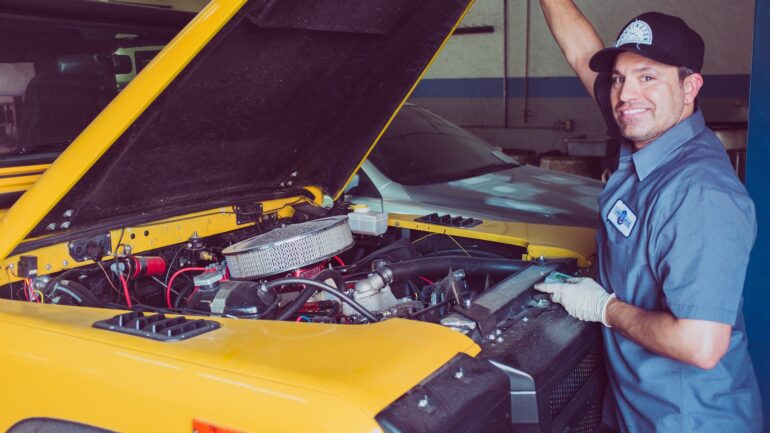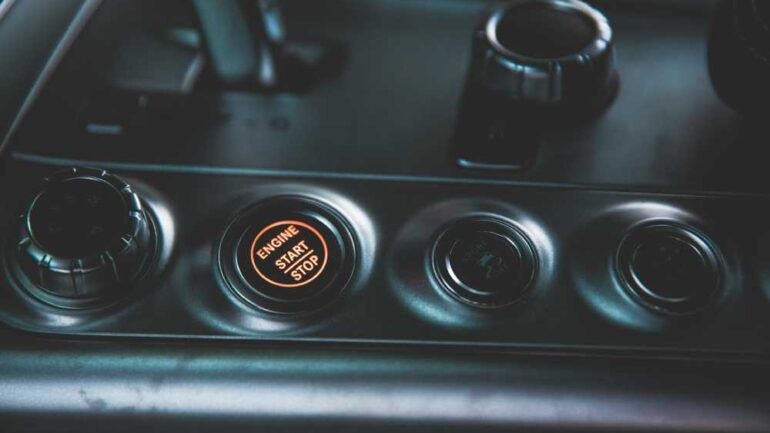Auto mechanics always need to find out what car, truck, or SUV will drive through their garage doors. That’s why they must have a broad knowledge of automobiles.
Mechanics also need to have strong problem-solving skills. They must be able to diagnose and repair vehicles quickly.
These soft and technical skills help mechanics succeed in the job market. They can improve their resumes by highlighting these skills prominently.
Knowledge of Automobiles
One of the most critical skills a mechanic needs is knowledge of automobiles. This includes understanding how the different systems in a vehicle work together and knowing what to look for when inspecting a car. It also means being able to figure out what the problem is quickly and how to repair it. This is a critical skill for mechanics or diesel mechanic jobs, allowing them to work faster and get cars in and out of the shop more efficiently.
A good mechanic must be able to explain complex technical issues and repairs to their customers in understandable ways. Much like a doctor explaining a diagnosis to a patient, mechanics need to be able to frame the issue in real-world terms so that their customers can make informed decisions about their vehicle repairs.
Organizational Skills
Strong organizational skills for Forklift Technician Jobs can help mechanics stay on their projects, track deadlines and deliver timely results. These skills can also make it easier for them to keep records, manage files, and organize their tools.
When choosing an awning, it is crucial to consider the size of the area you wish to shade. Additionally, it is crucial to pick a frame built of sturdy materials that can survive the weather where you are.
Similarly, sheet metal mechanics must have excellent organizational skills to keep up with new technology. They can improve their skills by practicing on scrap pieces of metal or by attending training courses to learn new techniques. They must also be able to follow the appropriate safety precautions when working with heavy and dangerous equipment.
Communication Skills
Although it might seem counterintuitive since a mechanic spends most of their time head-down under the hood, customer service skills are necessary. Whether a customer is calling in for an oil change or bringing their vehicle in for a significant repair, customers want to be treated with respect and courtesy.
Aircraft flight mechanics also rely on communication skills to understand detailed technical information that might need to be explained in layperson’s terms. This involves active listening, paraphrasing, and asking questions to clarify ambiguity.
Additionally, great mechanics are efficient at work and get jobs done in a reasonable amount of time. This means less downtime for the customers and more money the shop earns. This also makes it easy for customers to book future repairs.
Problem-Solving Skills
Any issues that arise when a customer brings their automobile in for service must be resolved by the mechanic. Determining what’s wrong and how to correct it demands extensive critical thinking skills.
Whether you are dealing with an unexpected work-life conflict, the dinner rush, or that proposal deadline that got moved up this afternoon, problem-solving skills will help you find a solution to overcome these issues. They are also helpful in finding ways to make a repair appointment go smoothly for you and the customer. Many auto mechanics also use these problem-solving skills to manage the day-to-day workflow at their shop. This helps them maximize their efficiency and complete repairs promptly for all customers.
Customer Service Skills
Many mechanic training programs include instruction on accepted customer interaction and practices. Mechanics must know how to engage with customers to deliver a positive client experience.
A strong understanding of how to read and understand a manual is vital for a mechanic helper. This skill allows them to take notes during a repair job, which helps the lead mechanic identify the problem. It also allows the helper to complete paperwork, ensuring that parts are ordered correctly.
Working well under pressure is another necessary skill for a mechanic. Whether working on a car that needs to be rushed or repairing a damaged vehicle, a good mechanic must always be able to think quickly and provide the best solution possible for their client.





